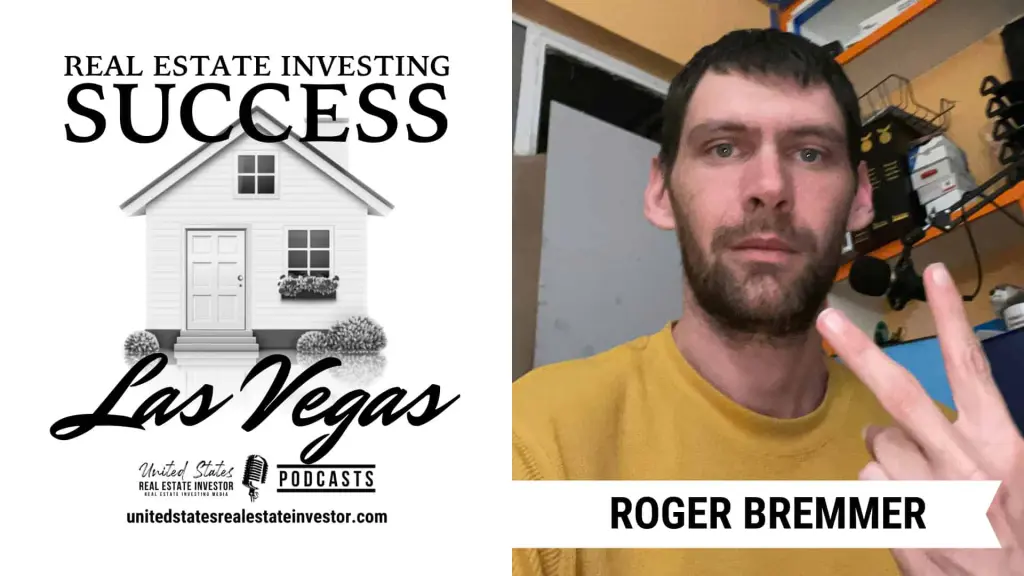LISTEN TO THIS ARTICLE
Key Takeaways
- KKR’s acquisition of Healthium signals a significant investment into the global healthcare industry, emphasizing growth in the medical devices sector.
- The acquisition may boost demand for specialized healthcare real estate in the U.S., particularly in facilities related to manufacturing and R&D.
- KKR’s strategic use of its global network and expertise in healthcare aims to drive further expansion and innovation in Healthium’s operations.

KKR’s Strategic Acquisition of Healthium Medtech and Its Implications for U.S. Real Estate Investing
MUMBAI, India — KKR, a global investment behemoth, has recently declared its definitive agreement to acquire Healthium Medtech Ltd. from Apax Partners LLP.
This acquisition highlights KKR’s strategic move to expand its influence in the healthcare sector, particularly in emerging markets such as India.
Healthium, a leading manufacturer of medical devices, has been pivotal in surgeries globally, boasting a presence in over 90 countries.
Acquisition Penthouse View
Under the terms of the agreement, a special-purpose vehicle controlled by KKR-managed funds will acquire a controlling stake in Healthium, encompassing the entire group.
This acquisition marks a significant shift for Healthium, which under the stewardship of Apax since 2018, transitioned from a domestic entity into a global medtech leader.
Strategic Growth Under KKR
KKR plans to leverage its global network and deep healthcare industry expertise to further accelerate Healthium’s growth, both organically and through strategic acquisitions.
The focus will be on expanding Healthium’s robust product line, which includes innovations in arthroscopy and advanced wound care, fostering its global distribution network.
Related Fact
KKR, a powerhouse in global investment, is not only known for its extensive portfolio in real estate and healthcare but also for its unique cultural footprint in the media industry, particularly its unexpected involvement in the entertainment sector.
In a surprising turn of events back in the 1980s, KKR was instrumental in the buyout of RJR Nabisco, a deal that became the basis for the best-selling book and subsequent movie, “Barbarians at the Gate.”
This dramatic portrayal not only spotlighted KKR’s aggressive business strategies but also highlighted its significant and sometimes sensational impact on the corporate world, making it a key player not just in boardrooms but also in popular culture.
Implications for U.S. Real Estate Investing
The acquisition of Healthium by KKR could have broader implications for the U.S. real estate market, particularly in areas related to healthcare real estate.
As Healthium aims to expand its operations and manufacturing capabilities under KKR, there could be an increased demand for specialized real estate in the U.S.
This includes facilities like laboratories, manufacturing plants, and storage facilities for medical devices.
Development of Specialized Real Estate: The growth in Healthium’s manufacturing and R&D activities may fuel demand for specialized medical real estate. This can present opportunities for U.S. real estate investors interested in sectors aligned closely with healthcare advancements.
Increased Investments in Healthcare Infrastructure: KKR’s acquisition may encourage more investments into healthcare infrastructure, an area that has seen robust growth. This could lead to enhanced capital flows into healthcare real estate investment trusts (REITs) and direct investments in medical office buildings and life sciences facilities.
Long-term Growth Potential: The healthcare sector often provides long-term growth and resilience against economic downturns. Investments in properties catering to healthcare services may offer stable returns, driven by the essential nature of medical services and technological advancements in healthcare.
Assessment
The acquisition of Healthium by KKR not only underscores the investment firm’s continued commitment to expanding its portfolio in high-growth sectors but also potentially augments the U.S. real estate market by stimulating demand for healthcare-related real estate.
This strategy aligns with broader investment trends that favor industries with strong growth prospects and resilience, positioning KKR and U.S. real estate investors to capitalize on the expanding intersection of healthcare and real estate development.




























